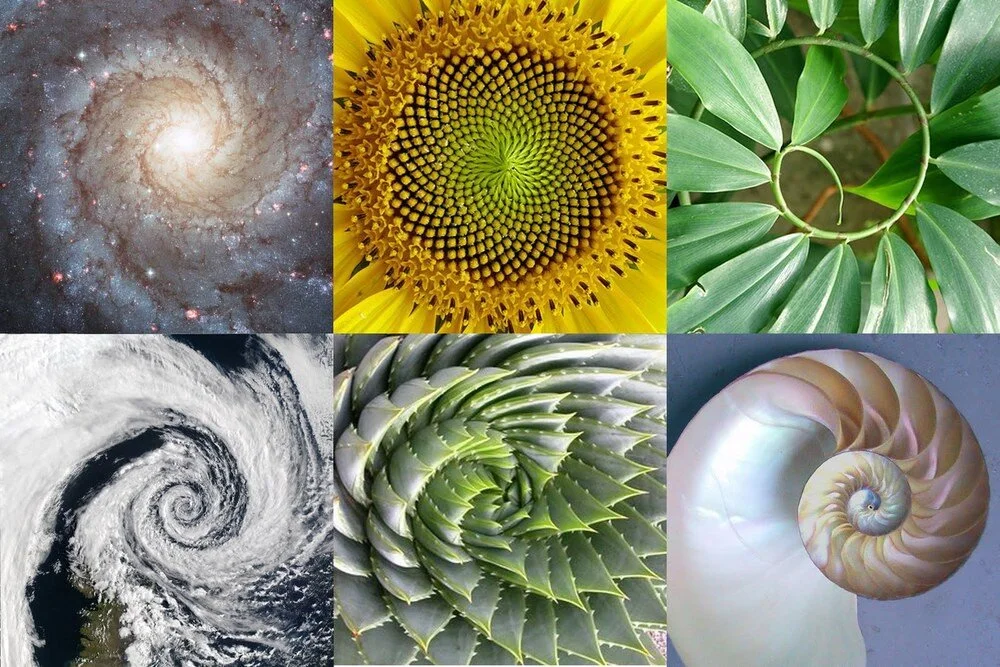How to Use the Golden Ratio to Create Beautiful Interiors
paul halferty
While there will never be a one-size-fits-all approach to great design, there is a mathematical approach that can help us get a step closer: the Golden Ratio
expressed as 1 to 1.61803398
A mathematical ratio you can find almost everywhere.
What is the Golden Ratio?
Putting it as simply as we can, the Golden Ratio exists when a rectangle is divided into two parts. the longer part (a) divided by the smaller part (b) is equal to the sum of (a) + (b) divided by (a), which both equal 1.618.
Without getting too deep into the mathematics, the ratio can be reduced down to a 60-30-10 ratio. Look familiar? Last week we looked at the 60-30-10 Rule when it comes to choosing a color palette. What you may not know, however, is that those calculations aren’t arbitrary. They’re based on the ratio of 1:1.618.
If you keep applying the Golden Ratio formula to the new rectangle you will eventually get a diagram with progressively smaller squares. By adding the arch in each square, you’ll end up with the diagram of the Golden Spiral:
In design, the Golden Ratio boils down to aesthetics, harmony, and proportion. This harmony and proportion has been recognized for centuries.
Ancient Greek architecture used the Golden Ratio to determine pleasing dimensional relationships between the width of a building and its height, the size of the portico and even the position of the columns supporting the structure.
Leonardo da Vinci, like many other artists throughout the ages, made extensive use of the Golden Ratio to create pleasing compositions.
How can I use the Golden Ratio?
By applying a similar working methodology, you can bring the same design sensibilities to your own work. Let's take a look at a couple of examples to inspire you:
When creating a vignette, avoid placing it directly in the center of a table or shelf. Placing accessories off-center is ultimately more pleasing to the eye.
Not sure how far up the wall to tile? The golden ratio is sure to give you the most pleasing proportions.
How tall should I make an accent listello?
Once you know what to look for, you'll start noticing the Golden Ratio everywhere. Still need convincing? Look at your hands. Even your hands follow the Golden Ratio.
Why Does the Golden Ratio Matter?
It’s one more tool to help you create a more visually appealing interior. This theory exists whether you apply it intentionally or not. So what matters is that you understand it in an effort to create our best interiors.
Want to learn more?
There is a ton of information about the Golden Ratio out there. Here are a few videos we found useful:











